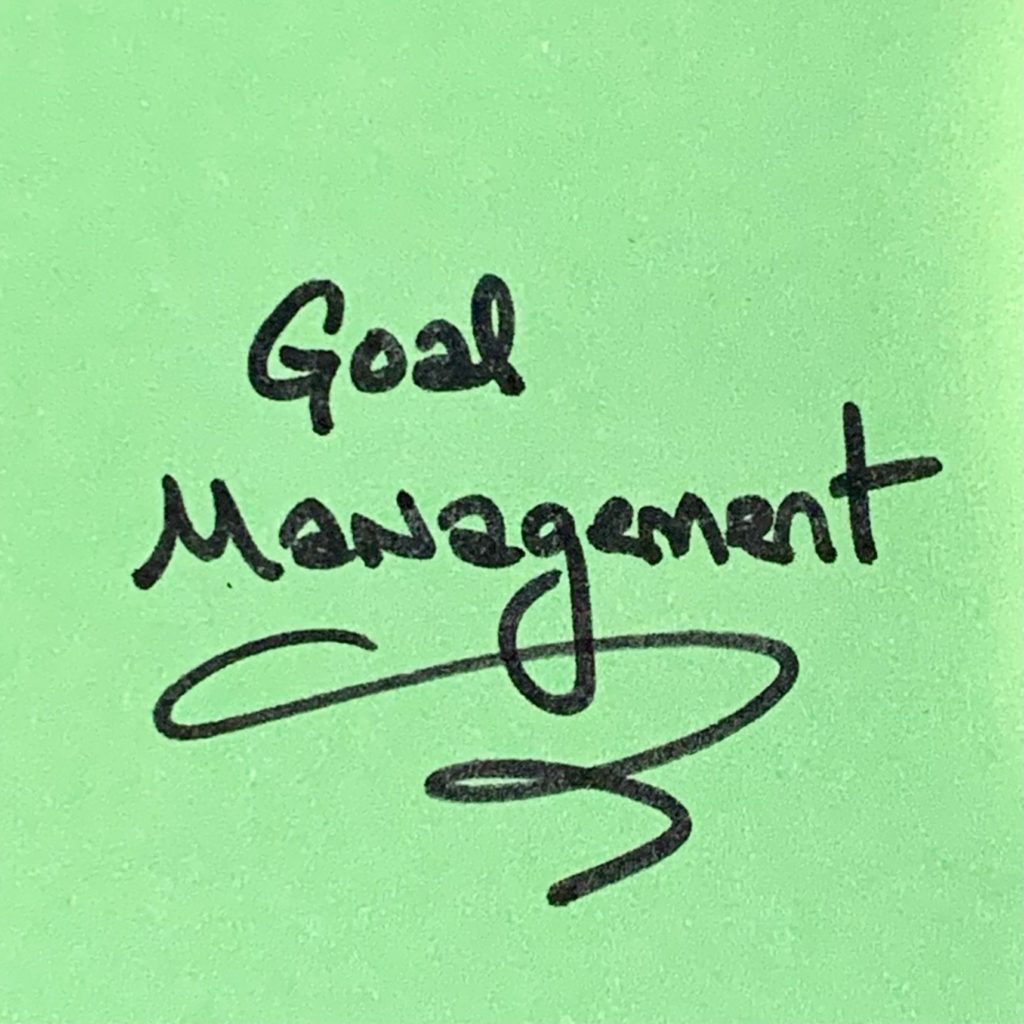By Stacie Prada
Time is fixed and passes at its own pace. Goals can grow, contract, adjust and evolve.
Often advice for time management includes instructions to make lists, dedicate time for tasks, be organized, get up early, multitask, do more, and just generally be different than you’ve been. While some are good suggestions, the attempt to fit an individual’s unique experience into a fixed and uncontrollable passage of time can miss the mark. It can be overwhelming and unrealistic when not considering a person’s specific life circumstances, obligations and health. When already feeling like there isn’t enough time, the advice to do more can feel offensive.

Time management seems to inherently approach the future from a perspective of scarcity. It is true there is only so much time in the day, the week, the year, and a lifetime. Each moment passes whether we’ve spent it intentionally or not. Even so, I’d rather approach the future with a feeling of abundance. There is limited time, I have limited energy and abilities, and I also have the opportunity to fill that time in ways that fulfill my needs and goals. I can do this by being clear about my immediate and long-term needs as well as my goals in each moment and for my life.
Time management advice recognizes that it can be a project to fit everything in, but it often forgets it can be effort to fill the time. I’ve had both in my life, and at times they’ve paradoxically co-existed. There were fast-paced workdays where dedicated, productive accomplishments never seemed to put a dent in the backlog, and there were evenings with long stretches of solitude where loneliness was at the ready to dominate my head space. The daily schedule of surge and stagnation with such severe contrast was exhausting. That experience is telling for how different needs and goals dictate different choices and solutions.
Continue reading

